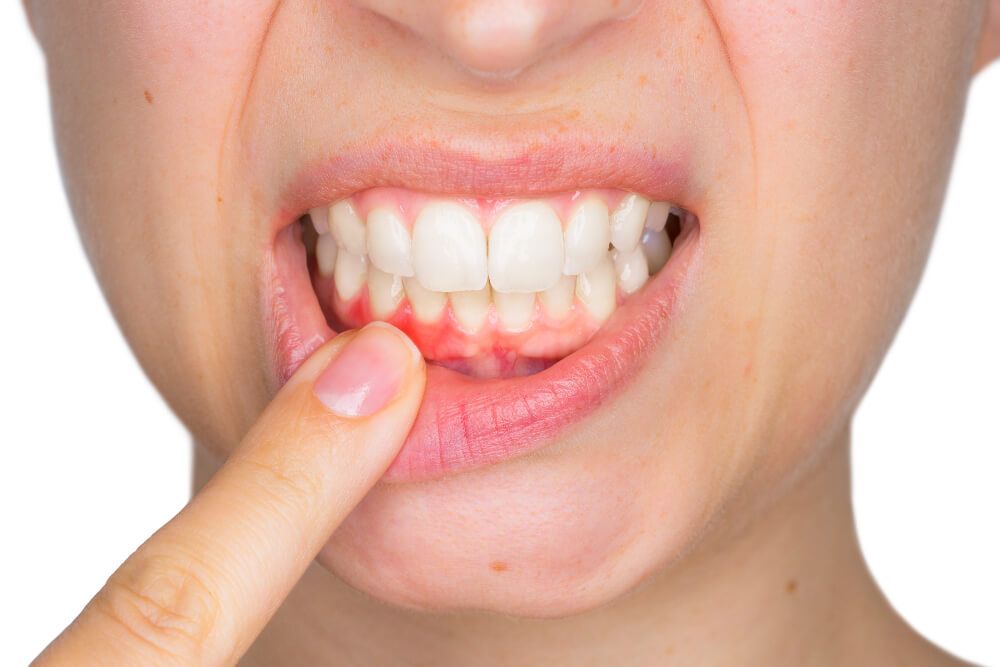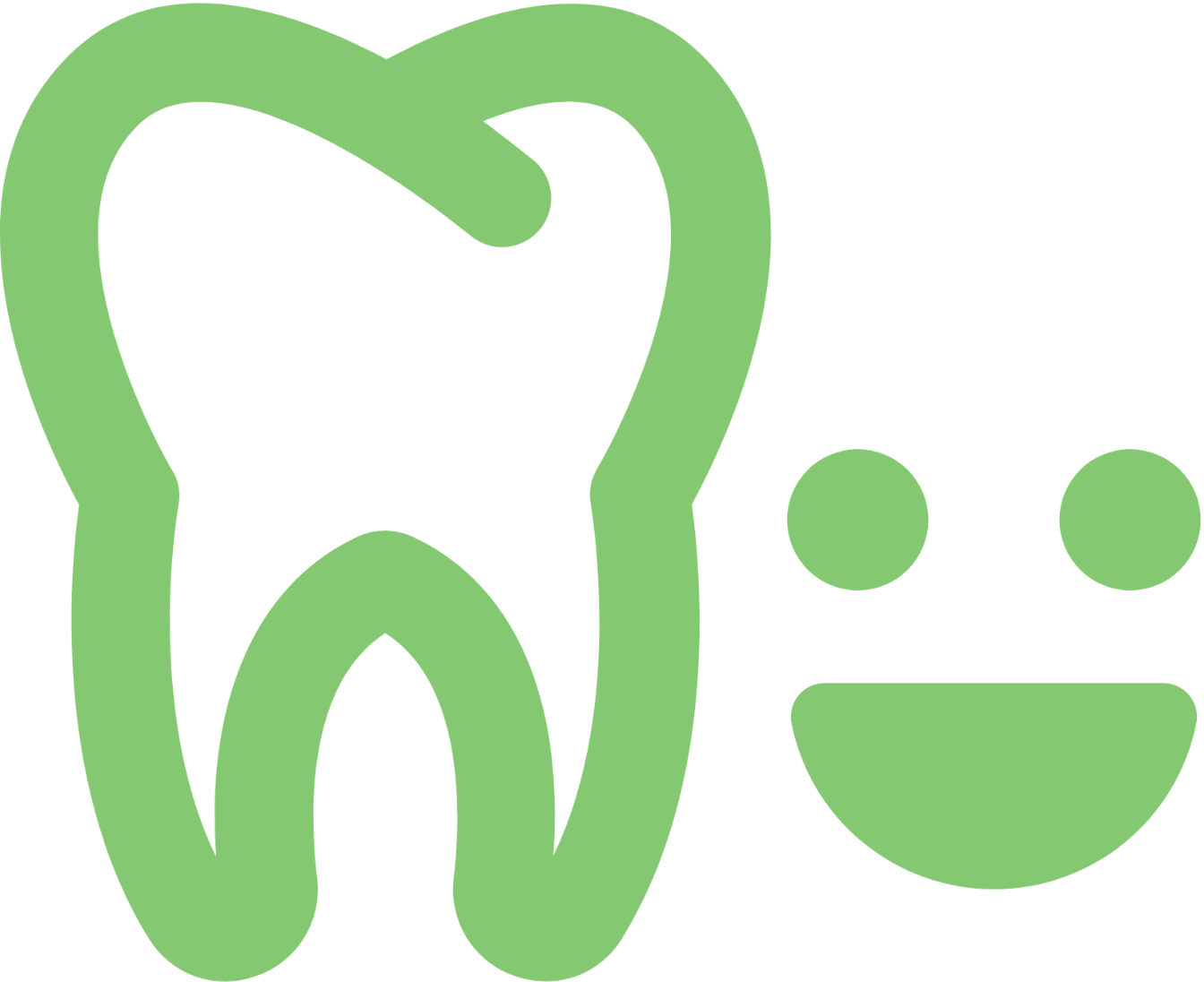Periodontal Care in Naperville, IL
What Is Periodontal Disease?
Periodontal disease, also known as gum disease, is an infection of the gums that can cause irreversible soft tissue damage and bone loss if left untreated. Gum disease is a progressive disease and is only reversible in the very early stages. Symptoms include red, swollen, receding, and bleeding gums as well as exposed tooth roots, bad breath, and bone loss. Contact us at Washington Dental Studio today to schedule an appointment with Dr. Rohan Shah in Naperville.


Did You Know…
Gum disease increases your risk of heart disease, stroke, and diabetes.
Ready To Schedule Your Appointment?
What To Expect At Your Periodontal Appointment
Consultation & X-Rays
You will come in for a consultation where our dentist in Naperville will examine your gums and teeth to look for signs of gum disease. X-rays will be taken to confirm the presence of gum infection and to plan gum treatment.
Diagnosis
Gum disease can be diagnosed by using a probe to measure the depth of pockets in the gums. Your gum’s pockets should be between 1-3 mm. Over 4 mm is considered periodontitis, which is irreversible gum disease.
Scaling & Root planing
Deep cleaning can be used to treat mild to moderate gum disease. Dr. Shah will use a scaler to scrape away plaque and tartar buildup along the gum line. Root planing is then performed to smooth out your tooth’s roots. This allows receding gums to reattach. You may also need antibiotics.
Aftercare or Further Treatment
You will return to our Naperville office for follow-up visits to ensure the infection has been thoroughly treated. Multiple sessions may be required for deep cleaning. If the infection is too severe, you may need a referral to an oral surgeon who can perform gum surgery.

Did You Know…
If plaque enamel is left untreated, it will harden into tartar and is a leading cause of gum disease.
Get Treatment For Gum Disease?
Have Questions About Periodontal Care? Find Answers Here.

Did You Know…
Plaque is difficult to remove by yourself but once it turns into tartar, it can only be removed by a professional dentist.
